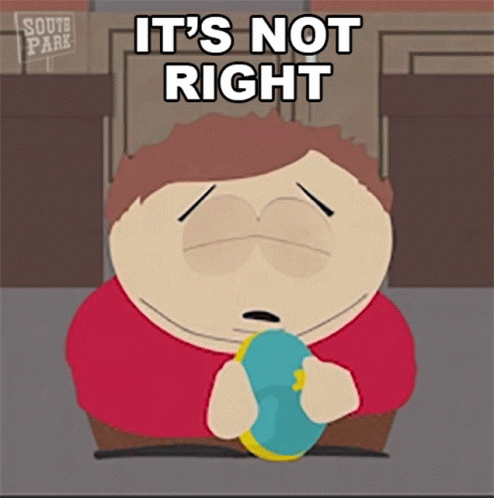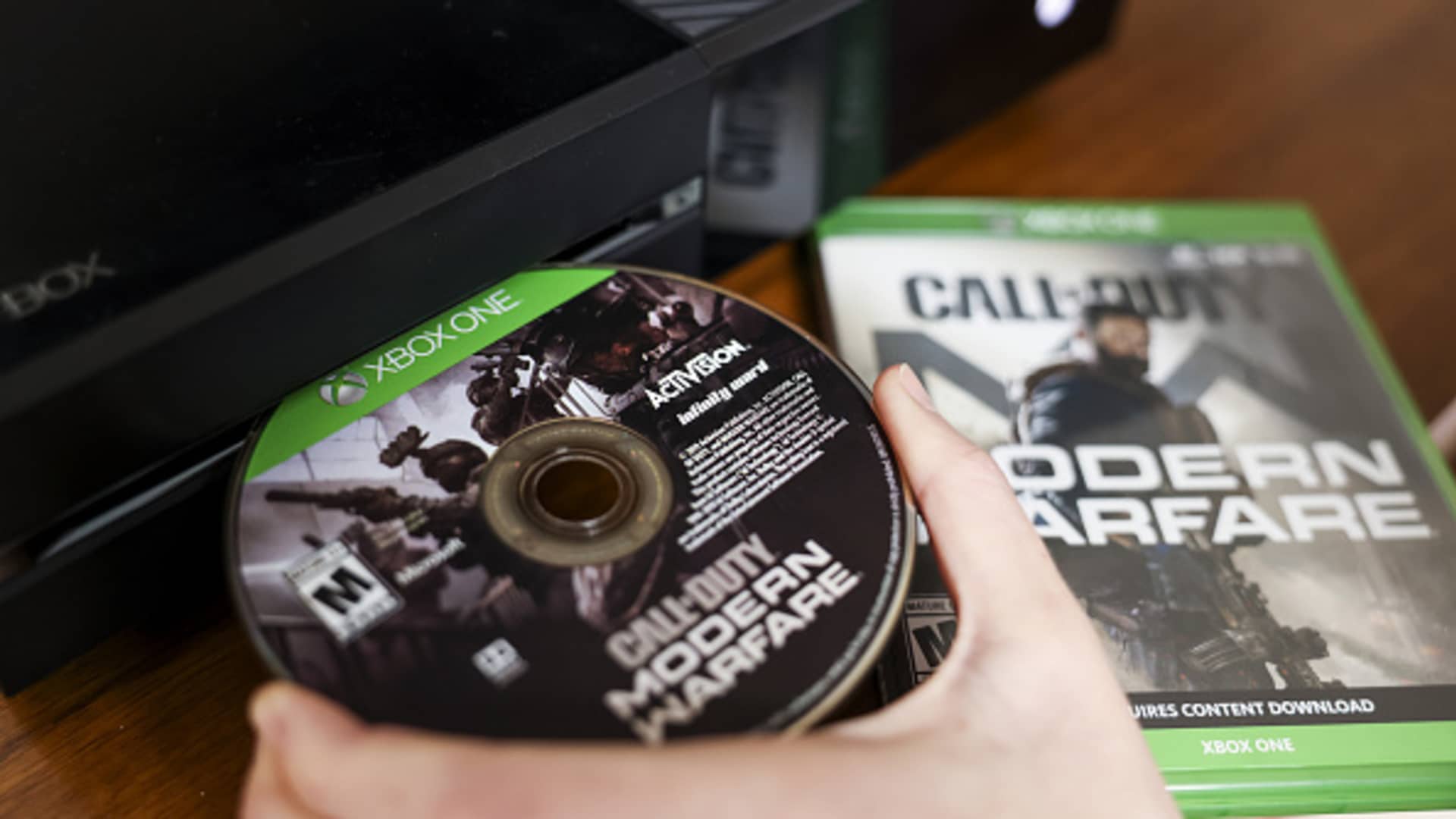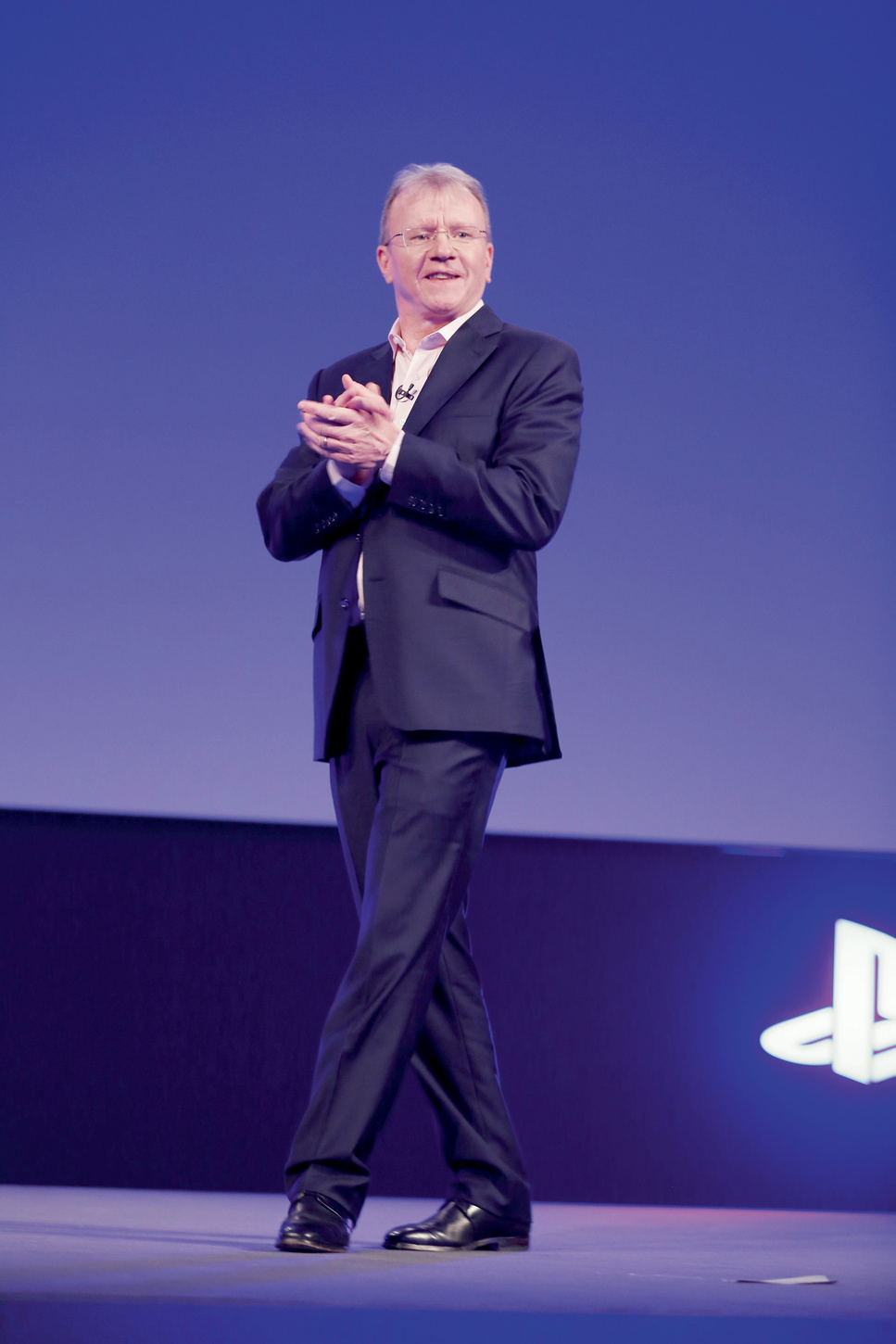kyliethicc
Member

FTC Seeks to Block Microsoft Corp.’s Acquisition of Activision Blizzard, Inc.
The Federal Trade Commission is seeking to block technology giant Microsoft Corp. from acquiring leading video game developer Activision Blizzard, Inc.
FTC Seeks to Block Microsoft Corp.'s Acquisition of Activision Blizzard, Inc.
Agency alleges that maker of Xbox would gain control of top video game franchises, enabling it to harm competition in high-performance gaming consoles and subscription services by denying or degrading rivals' access to its popular content
December 8, 2022
The Federal Trade Commission is seeking to block technology giant Microsoft Corp. from acquiring leading video game developer Activision Blizzard, Inc. and its blockbuster gaming franchises such as Call of Duty, alleging that the $69 billion deal, Microsoft's largest ever and the largest ever in the video gaming industry, would enable Microsoft to suppress competitors to its Xbox gaming consoles and its rapidly growing subscription content and cloud-gaming business.
In a complaint issued today, the FTC pointed to Microsoft's record of acquiring and using valuable gaming content to suppress competition from rival consoles, including its acquisition of ZeniMax, parent company of Bethesda Softworks (a well-known game developer). Microsoft decided to make several of Bethesda's titles including Starfield and Redfall Microsoft exclusives despite assurances it had given to European antitrust authorities that it had no incentive to withhold games from rival consoles.
"Microsoft has already shown that it can and will withhold content from its gaming rivals," said Holly Vedova, Director of the FTC's Bureau of Competition. "Today we seek to stop Microsoft from gaining control over a leading independent game studio and using it to harm competition in multiple dynamic and fast-growing gaming markets."
Microsoft's Xbox Series S and Series X are one of only two types of high performance video game consoles. Importantly, Microsoft also offers a leading video game content subscription service called Xbox Game Pass, as well as a cutting-edge cloud-based video game streaming service, according to the complaint.
Activision is one of only a very small number of top video game developers in the world that create and publish high-quality video games for multiple devices, including video game consoles, PCs, and mobile devices. It produces some of the most iconic and popular video game titles, including Call of Duty, World of Warcraft, Diablo, and Overwatch, and has a combined 154 million monthly active users around the world, according to the FTC's complaint. Activision currently has a strategy of offering its games on many devices regardless of producer.
But that could change if the deal is allowed to proceed. With control over Activision's blockbuster franchises, Microsoft would have both the means and motive to harm competition by manipulating Activision's pricing, degrading Activision's game quality or player experience on rival consoles and gaming services, changing the terms and timing of access to Activision's content, or withholding content from competitors entirely, resulting in harm to consumers.
The Commission vote to issue the complaint was 3-1, with Commissioner Christine S. Wilson voting no. A copy of the administrative complaint will be available shortly.
NOTE: The Commission issues an administrative complaint when it has "reason to believe" that the law has been or is being violated, and it appears to the Commission that a proceeding is in the public interest. The issuance of the administrative complaint marks the beginning of a proceeding in which the allegations will be tried in a formal hearing before an administrative law judge.
The Federal Trade Commission works to promote competition, and protect and educate consumers. You can learn more about how competition benefits consumers or file an antitrust complaint. For the latest news and resources, follow the FTC on social media, subscribe to press releases and read our blog.
washington post article on this news
FTC sues to block Microsoft's acquisition of game giant Activision
The lawsuit marks FTC chair Lina Khan's most significant effort to date to address tech industry consolidation, and it could upend Microsoft's gaming ambitions
By Cat Zakrzewski and Shannon Liao
December 8, 2022 at 1:59 p.m. EST
The Federal Trade Commission on Thursday sued to block Microsoft's $69 billion acquisition of the video game publisher Activision Blizzard, charging that the massive deal would allow the Washington tech giant to suppress its competitors in gaming.
The lawsuit represents the FTC's most significant effort to rein in consolidation in the tech industry since prominent tech critic Lina Khan (D) became the commission's chair and was expected to usher in a new era of antitrust enforcement characterized by a willingness to bring cases in court rather than pursue settlements with companies.
The FTC lawsuit against Microsoft could foil the company's ambitions to become a heavier hitter in gaming frontiers. Activision is the owner of massively popular titles like "Candy Crush" and "Call of Duty," and its acquisition could bolster Microsoft in its competition with Japanese console makers Nintendo and Sony.
The commission voted on Thursday on a party-line vote to issue the lawsuit in administrative court, with the three Democrats in favor of the complaint and one Republican against it.
Microsoft has not seen such a serious regulatory threat to its business in more than two decades, when the Department of Justice brought a landmark antitrust lawsuit against the company that ensnared it in years of legal battles.
After that case was settled in 2002, Microsoft had largely avoided the antitrust glare focused on tech rivals including Facebook, Google, Apple and Amazon — until the proposed Activision acquisition, the largest deal in Microsoft's history. (Amazon founder Jeff Bezos owns The Washington Post).
Since announcing its intention to buy Activision in January, Microsoft has announced a series of policies and arrangements intended to show regulators that the deal would not give it an unfair advantage in the gaming market or harm workers. On Tuesday, as it was apparent the agency was nearing a decision on whether or not to block the deal, Microsoft announced that it would bring the Call of Duty franchise to Nintendo Switch, a rival of Xbox. It previously had said it would make "Call of Duty" available on rival Sony's Playstation.
Microsoft president Brad Smith previewed the company's defense in a Wall Street Journal op-ed this week, warning that an FTC lawsuit against the deal would "hurt competition, consumers and thousands of game developers."
Activision currently makes its popular games available to 154 million monthly active users around the world on a variety of video game consoles, computers, phones and tablets, according to an FTC news release about the complaint. But the FTC alleges that if the deal were to close, that could change. Microsoft would have the ability to thwart competitors by withholding these games from competing game systems entirely, or by manipulating pricing and degrading game quality on rival consoles.
The lawsuit warns the deal could not only give Microsoft an upper hand in consoles, but also an unfair advantage in more nascent gaming, such as subscription gaming and cloud gaming, according to an FTC official, who spoke on the condition of anonymity to discuss the agency's argument. The FTC argues that this deal could dampen innovation in these more nascent gaming markets, the person said.
Microsoft's gaming business Xbox made $3.6 billion in the quarter ending in September. Xbox consoles trail behind both rival Japanese console makers Sony and Nintendo companies in sales, the company told a U.K. antitrust regulator in October. Microsoft has a record of acquiring gaming content and then using it to squash competition from rival console makers, according to the FTC. The agency cited Microsoft's acquisition of game developer Zenimax, and it says that the company's subsidiary made titles including Starfield and Redfall exclusive to Microsoft devices despite previous assurances to European regulators.
"Microsoft has already shown that it can and will withhold content from its gaming rivals," said Holly Vedova, the FTC's Bureau of Competition director, said in a news release. "Today we seek to stop Microsoft from gaining control over a leading independent game studio and using it to harm competition in multiple dynamic and fast-growing gaming markets."
The European Union announced last month that it had opened an inquiry into the deal, warning that Microsoft "may foreclose access" to Activision's games.
The lawsuit comes just months after Khan regained a Democratic majority at the agency and signaled a greater willingness to bring longshot antitrust cases, especially in the tech sector. The agency filed the Activision Blizzard lawsuit the same day that a trial began in San Jose, Calif., over the FTC's lawsuit against Facebook parent company Meta's acquisition of the virtual reality company, Within. Though the virtual reality market is very nascent, the agency has argued that if the companies were kept separate, they would keep pushing each other to develop more features and attract more users.
The FTC moved to block the deal a day after Microsoft staff and agency staff convened to discuss the lawsuit, according to a person familiar with the meeting, who spoke on the condition of anonymity to discuss the private meeting.
Last edited:
















